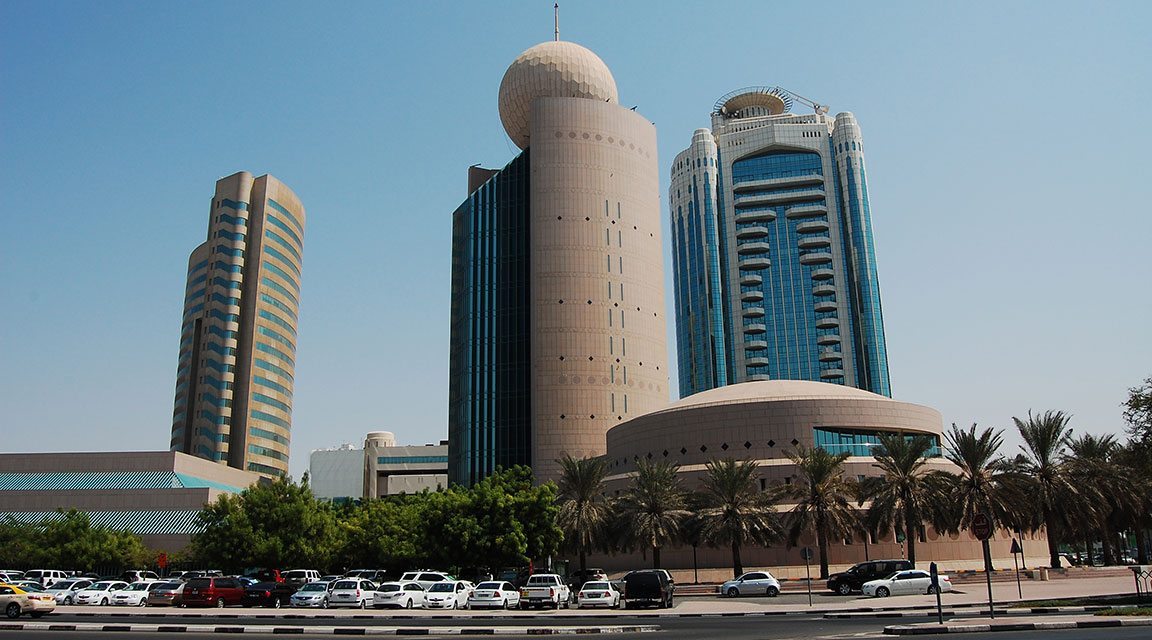

Merger is part of organisational restructure that is expected to result in job losses
The UAEs Emirates Telecommunications Corporation (Etisalat) is creating a holding company to oversee its entire business as part of organisational restructure that also involves the formation of an international arm and merger of the its UAE and Group operations, which could result in job losses at the state-controlled telecommunications giant.
Etisalat UAE, which currently operates as a domestic subsidiary of Etisalat, will cease to exist and its management and operations will go under direct control of Etisalat Group upon completion of restructuring process. The move is aimed at saving costs at the biggest-listed firm in the UAE with a market value of more than $42bn by eliminating job duplications at the subsidiary and group levels, according to sources aware of the matter.
It is not clear how many jobs the company plans to cut as a result of organisational overhaul.
The new international arm will manage Etisalats business across different markets and will report directly to the holding company, the sources said asking not to be identified as the information is not public. The international subsidiary will make decisions on exits or consolidations in 18 markets in Middle East, African and Asia where Etisalat has direct or indirect operations.
The company is also considering the option of separately selling shares in the international unit and list it on one of the UAE exchanges, possibly, Dubai Financial Market (DFM), the sources added.
Etisalat did not respond to requests for comment.
Etisalat is the latest UAE company to embark on a corporate overhauling to save costs as the economy slows on the back of lower oil prices. Within the financial services sector, several local and international banks including HSBC, Standard Chartered, Barclays, Rakbank and Emirates NBD have cut hundrands of jobs and closed down loss making operations. State-controlled Abu Dhabi National Oil Company (Adnoc) is cutting 5,000 jobs in total this year, the biggest job losses reported a single UAE firm so far. Adnoc, which accounts for majority of Abu Dhabis oil and gas extraction, has already cut 2,000 job since the beginning of this year and has asked the senior management to identify 3,000. The company has also changed chief executives of six of its operating companies as part of the organisational restructure.
Etisalat plans to finish its restructure before the end of first half of this year, it said in a March statement to Abu Dhabi Securities Exchange where its shares are traded. The company did provide the details of planned restructure at that time. The statement also announced the resignation of its group chief executive Ahmad Julfar who left the company for personal reasons.
Etisalat board of directors in its meeting held on 9 March appointed Hatem Dowidar as acting CEO until restructuring of Etisalat Group, according to the same statement, however, Saleh Abdullah al-Abdooli replaced him later that month. Dowidar who was COO of Etisalat Group prior to his interim appointment is now Etisalats CEO International, according to his LinkedIn page.
Al-Aboodi was chief executive of Etisalats operations from 2007 to 2012 and before taking the top role at the company, led Etisalats UAE operations since 2012.
Etisalat, the former monopoly, is now competing with incumbent Du in the UAE. The company has been under pressure in recent years to retain its domestic market share and has struggled with its Saudi subsidiary Etihad Etisalats financial troubles. The Saudi unit, known as Mobily had to restate 2014 financial results after accounting errors, which affected the group profitability.
Portfolio Optimisation
The company is on track to optimise international portfolio, it said in its first-quarter 2016 investors presentation. In May, the company announced sale of 92.3 per cent stake in Sudans telecoms operator Canar to Kuwaits Zain for AED349.6 ($96m).
Etisalat had bought a stake in Canar in 2004 and more than doubled its stake in the telco in 2007, paying AED584m in the process, according to media reports.
Etisalat, which allowed foreigners to own its shares last year and was subsequently included in MSCI Emerging Market Index, reported a year-on-year decline of 4 per cent in 2015 consolidated net profit to AED8.3bn after federal royalty. Its net income from UAE operations fell 18 per cent year-on-year.
Etisalat first-quarter 2016 net profit has declined by 8 per cent across the group to AED2bn, from AED2.17bn reported for the same period last year, however, the quarterly income from the UAE unit rose by 4 per cent.
You might also like...

Kuwait planning 11 upstream tenders
03 May 2024

Value of global M&A deals grows by 38% in Q1
03 May 2024

Sharjah launches manufacturing startups centre
03 May 2024

Aramco awards offshore oil line replacement job
03 May 2024
A MEED Subscription...
Subscribe or upgrade your current MEED.com package to support your strategic planning with the MENA region’s best source of business information. Proceed to our online shop below to find out more about the features in each package.




